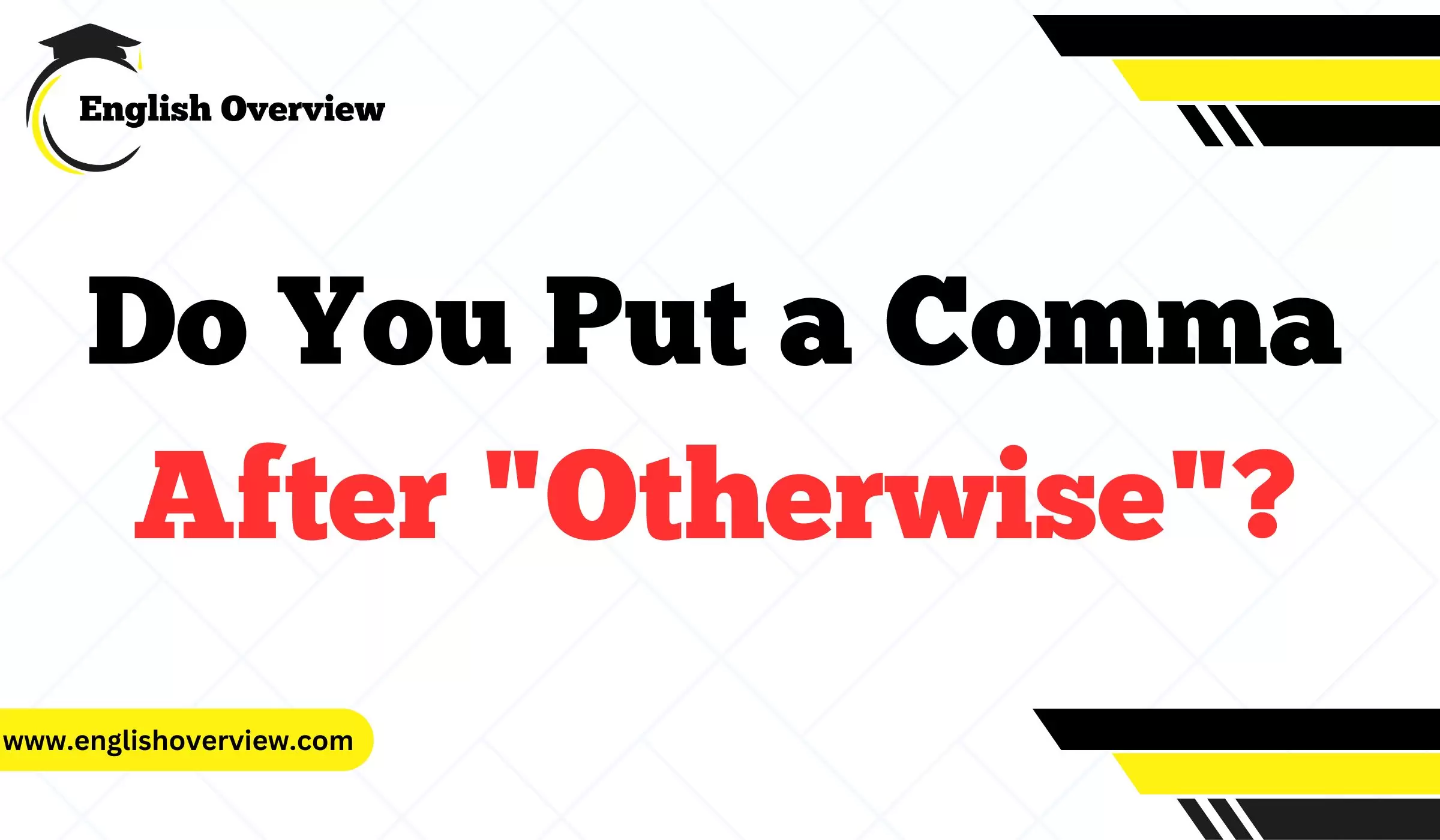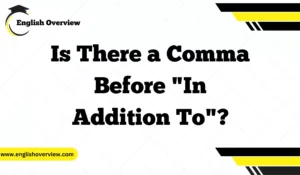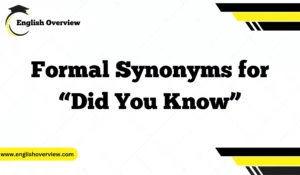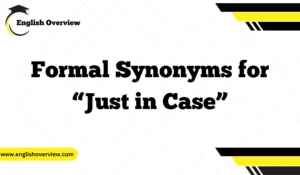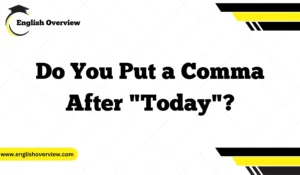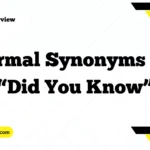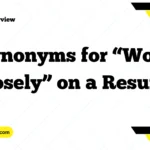Understanding when to use a comma after “otherwise” in a sentence is crucial for clear and effective communication. “Otherwise” can serve various functions, such as connecting clauses, starting sentences, or indicating alternative conditions.
This guide will explore the rules for using commas with “otherwise,” complete with examples for better comprehension.
When to Use a Comma After “Otherwise”

Rule 1: Starting a Sentence
Correct Usage:
- Otherwise, we might lose this opportunity.
- Otherwise, the results will be unpredictable.
Incorrect Usage:
- Otherwise we might lose this opportunity.
- Otherwise the results will be unpredictable.
Explanation: When “otherwise” begins a sentence, it is usually followed by a comma to separate it from the main clause.
Rule 2: Connecting Independent Clauses
Correct Usage:
- We need to act quickly; otherwise, the situation may worsen.
- Finish your homework by 7 PM; otherwise, you can’t watch TV.
Incorrect Usage:
- We need to act quickly; otherwise the situation may worsen.
- Finish your homework by 7 PM; otherwise you can’t watch TV.
Explanation: When “otherwise” is used to connect two independent clauses, a semicolon before “otherwise” and a comma after are required for proper separation and clarity.
Rule 3: Middle of a Sentence
Correct Usage:
- There’s a chance, otherwise slim, that we’ll see results today.
- She offered her help, otherwise unavailable, to us.
Incorrect Usage:
- There’s a chance otherwise slim, that we’ll see results today.
- She offered her help otherwise unavailable, to us.
Explanation: When “otherwise” introduces an interruption in the middle of a sentence, especially for additional information, it should be enclosed by commas.
Rule 4: Without a Comma for Direct Connection

Correct Usage:
- The path was otherwise clear.
- Her response was otherwise positive.
Incorrect Usage:
- The path was otherwise, clear.
- Her response was otherwise, positive.
Explanation: If “otherwise” directly modifies the following word without introducing a pause or new clause, no comma is needed.
Rule 5: Before “Otherwise” in Compound Sentences
Correct Usage:
- You should study hard; otherwise, you might not pass the exam.
- Pack your umbrella for the trip; otherwise, you’ll get soaked.
Incorrect Usage:
- You should study hard, otherwise, you might not pass the exam.
- Pack your umbrella for the trip, otherwise, you’ll get soaked.
Explanation: In compound sentences where “otherwise” introduces a consequence or condition, use a semicolon before and a comma after “otherwise.”
Rule 6: “Otherwise” with Conjunctions
Correct Usage:
- It was expensive but, otherwise, satisfying.
- The day was long and, otherwise, uneventful.
Incorrect Usage:
- It was expensive but otherwise satisfying.
- The day was long and otherwise uneventful.
Explanation: When “otherwise” is used with conjunctions to add information or contrast, it’s often appropriate to use commas for clarity.
Rule 7: Indicating a Degree of Manner

Correct Usage:
- The strategy was, otherwise, effective.
- Her approach is, otherwise, commendable.
Incorrect Usage:
- The strategy was otherwise effective.
- Her approach is otherwise commendable.
Explanation: When “otherwise” is used to indicate a degree or manner that contrasts with the main statement, commas can help set off the term for emphasis.
Rule 8: “Otherwise” at the End of a Sentence
Correct Usage:
- The decision could not have been made otherwise.
- She couldn’t have known otherwise.
Incorrect Usage:
- The decision could not have been made, otherwise.
- She couldn’t have known, otherwise.
Explanation: When “otherwise” concludes a sentence, implying an alternative scenario, no comma is needed before it.
Rule 9: Clarifying or Adding Information
Correct Usage:
- The agreement, otherwise known as a treaty, was signed.
- The artifact, otherwise undamaged, had a small scratch.
Incorrect Usage:
- The agreement otherwise known as a treaty was signed.
- The artifact otherwise undamaged had a small scratch.
Explanation: Use commas around “otherwise” when it introduces a clarification or additional information about the subject.
Rule 10: “Otherwise” for Conditional Statements
Correct Usage:
- Check the weather report; otherwise, you might get caught in the rain.
- Save your document regularly; otherwise, you could lose your work.
Incorrect Usage:
- Check the weather report otherwise, you might get caught in the rain.
- Save your document regularly otherwise, you could lose your work.
Explanation: For conditional statements where “otherwise” indicates a possible outcome, a semicolon before and a comma after “otherwise” ensure clarity and proper structure.

James Wilson is currently an English instructor at a university. She has experience in teaching and assessing English tests including TOEFL, IELTS, BULATS, FCE, CAE, and PTEG. With over a decade of teaching expertise, James Wilson utilizes his knowledge to develop English lessons for her audience on English Overview.
